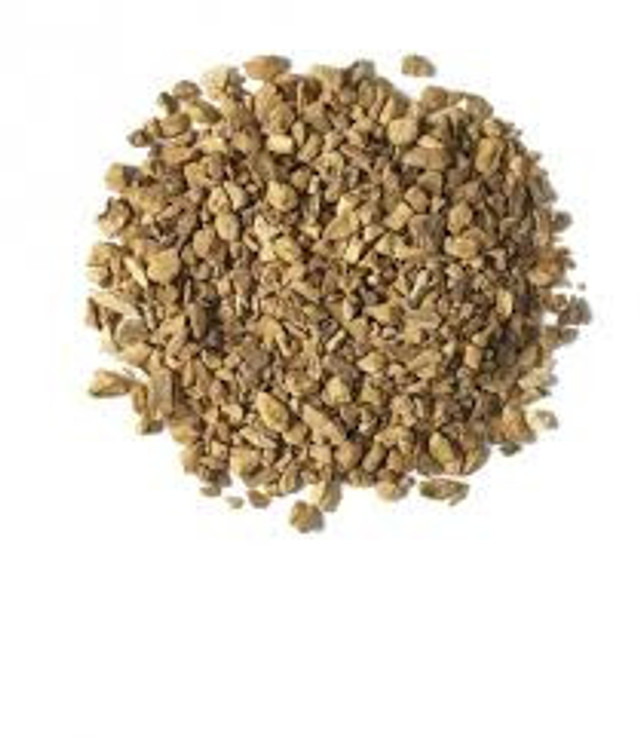
Ashwagandha (Withania) Root Organic

Ashwagandha (Withania) Root Organic
FAQs
What is Ashwagandha?
Ashwagandha (Withania somnifera), also known as Indian Ginseng or Winter Cherry, is a foundational herb in Ayurveda. It is an adaptogen, and its root is the part most commonly used. It's dried and ground into a powder for use in teas, tonics, and smoothies.
What does Ashwagandha taste and smell like?
The name Ashwagandha translates from Sanskrit to 'smell of the horse', referring to its unique horsey or earthy aroma. The taste is similarly earthy, quite bitter, and musky. Due to its strong flavour, it is often mixed with other ingredients like milk, honey, and spices.
What is the best way to take Ashwagandha powder?
The most traditional and popular way to consume Ashwagandha is by mixing the powder into a warm cup of milk (dairy or non-dairy) with a sweetener like honey and warming spices like cinnamon or cardamom. This drink, often called 'moon milk', is typically consumed before bed.
When should you take Ashwagandha?
Ashwagandha can be taken at any time of day. However, due to its calming and grounding properties, many people prefer to take it in the evening or before bed to help unwind and promote restful sleep. Others take it in the morning to help manage daily stress.
What does 'adaptogen' mean?
An adaptogen is a term used in herbalism to describe a natural substance that is believed to help the body adapt to various stressors, whether physical, chemical, or biological. They are thought to work by helping to stabilize and optimize physiological functions.
Who should not take Ashwagandha?
Pregnant or breastfeeding individuals should avoid Ashwagandha. People with specific medical conditions, particularly autoimmune or thyroid conditions, or those taking certain medications, should consult with their healthcare professional before using any new herbal product.







